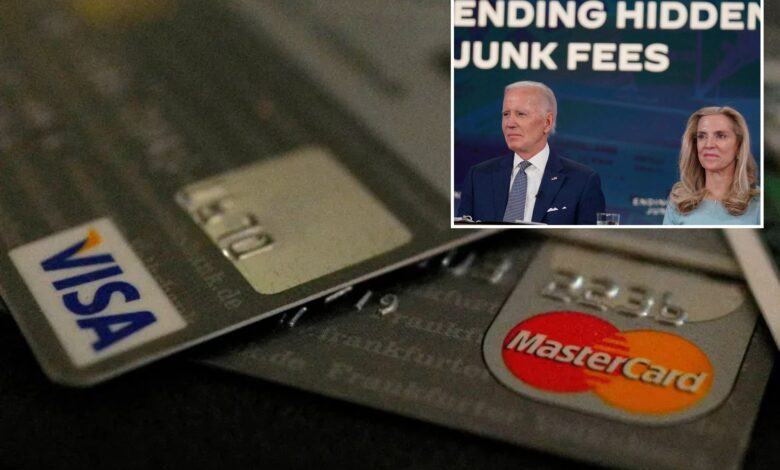Judge blocks rule capping credit card late fees at $8 in win for business groups

A federal judge in Texas on Friday blocked the Consumer Financial Protection Bureau’s new rule for an $8 cap on credit card late fees, a victory for business and banking groups that said the regulator exceeded its authority.
US District Judge Mark Pittman in Fort Worth issued a preliminary injunction against the rule, which was scheduled to take effect on May 14. The injunction was urged by groups including the US Chamber of Commerce and the American Bankers Association.
Pittman, an appointee of Republican former President Donald Trump, cited a 2022 ruling by the New Orleans-based 5th US Circuit Court of Appeals, which found the CFPB’s funding structure unconstitutional.
“Consequently, any regulations promulgated under that regime are likely unconstitutional as well,” Pittman wrote. “Thus, Plaintiffs establish a likelihood of success on the merits.”
The US Supreme Court is reviewing the 2022 ruling, and during oral arguments in October appeared wary of upholding it. Pittman remains bound by the ruling because his court is in the 5th Circuit’s jurisdiction.
A CFPB spokesperson said the regulator would keep defending the rule, a key part of the Biden administration’s crackdown on “junk fees.”
“Consumers will shoulder $800 million in late fees every month that the rule is delayed–money that pads the profit margins of the largest credit card issuers,” the spokesperson said in a statement.
Maria Monaghan, counsel to the Chamber of Commerce Litigation Center, in a statement called Pittman’s decision “a major win for responsible consumers who pay their credit card bills on time and businesses that want to provide affordable credit.”
The CFPB adopted the rule to counteract what it called “excessive” fees that credit card issuers charge for late payments.
The rule would block card issuers with more than 1 million open accounts from charging more than $8 for late fees, unless they could prove higher fees are necessary to cover their costs.
According to the CFPB, issuers collected more than $14 billion of credit card late fees in 2022, with an average fee of $32.
Business and banking groups sued in March to block the rule. The case had been delayed in a jurisdictional back-and-forth over whether the case should remain in Texas, after Pittman initially transferred it to Washington, DC.
The 5th Circuit ultimately reversed that decision and last week gave Pittman a May 10 deadline on whether to issue an injunction.




